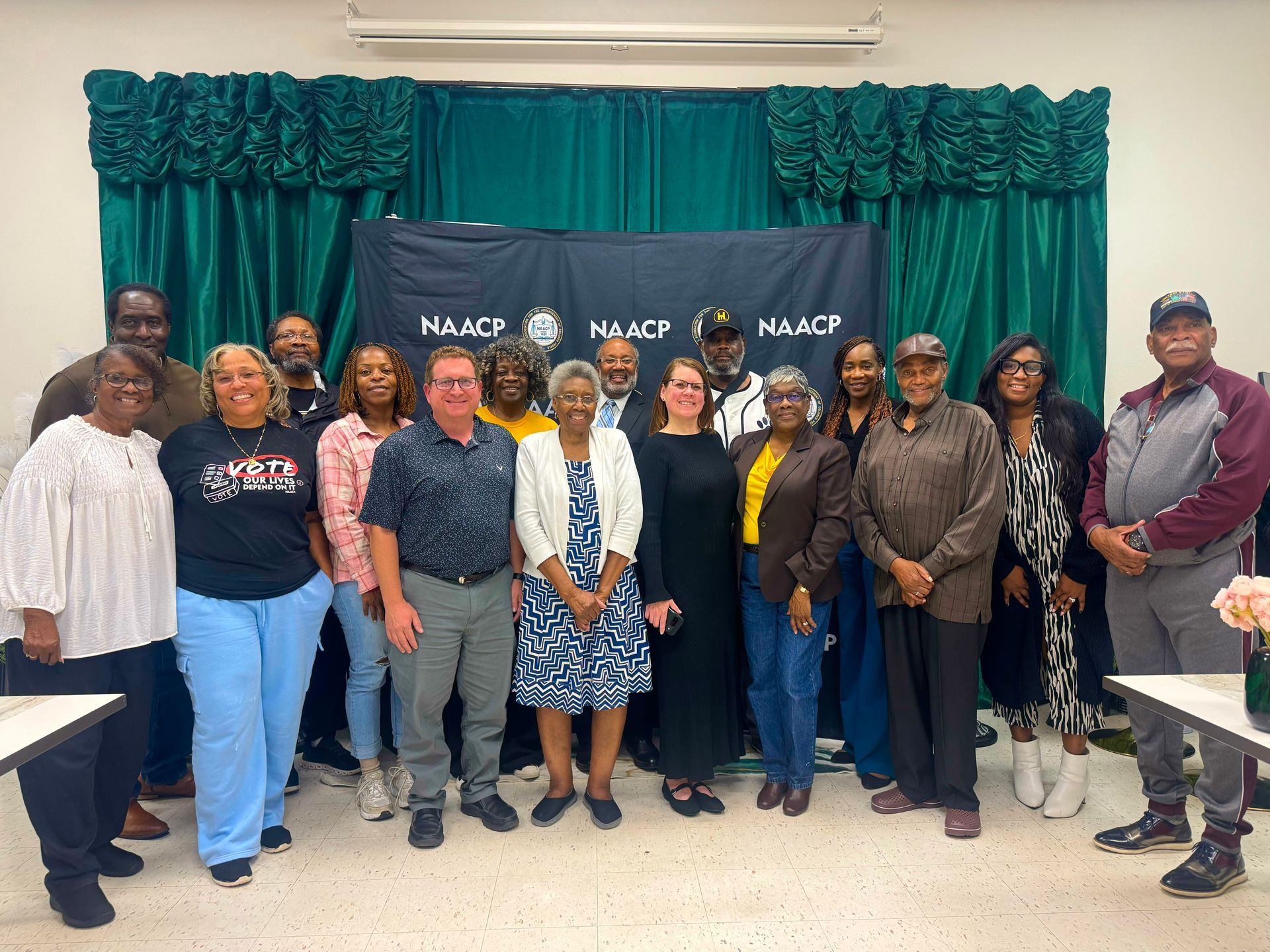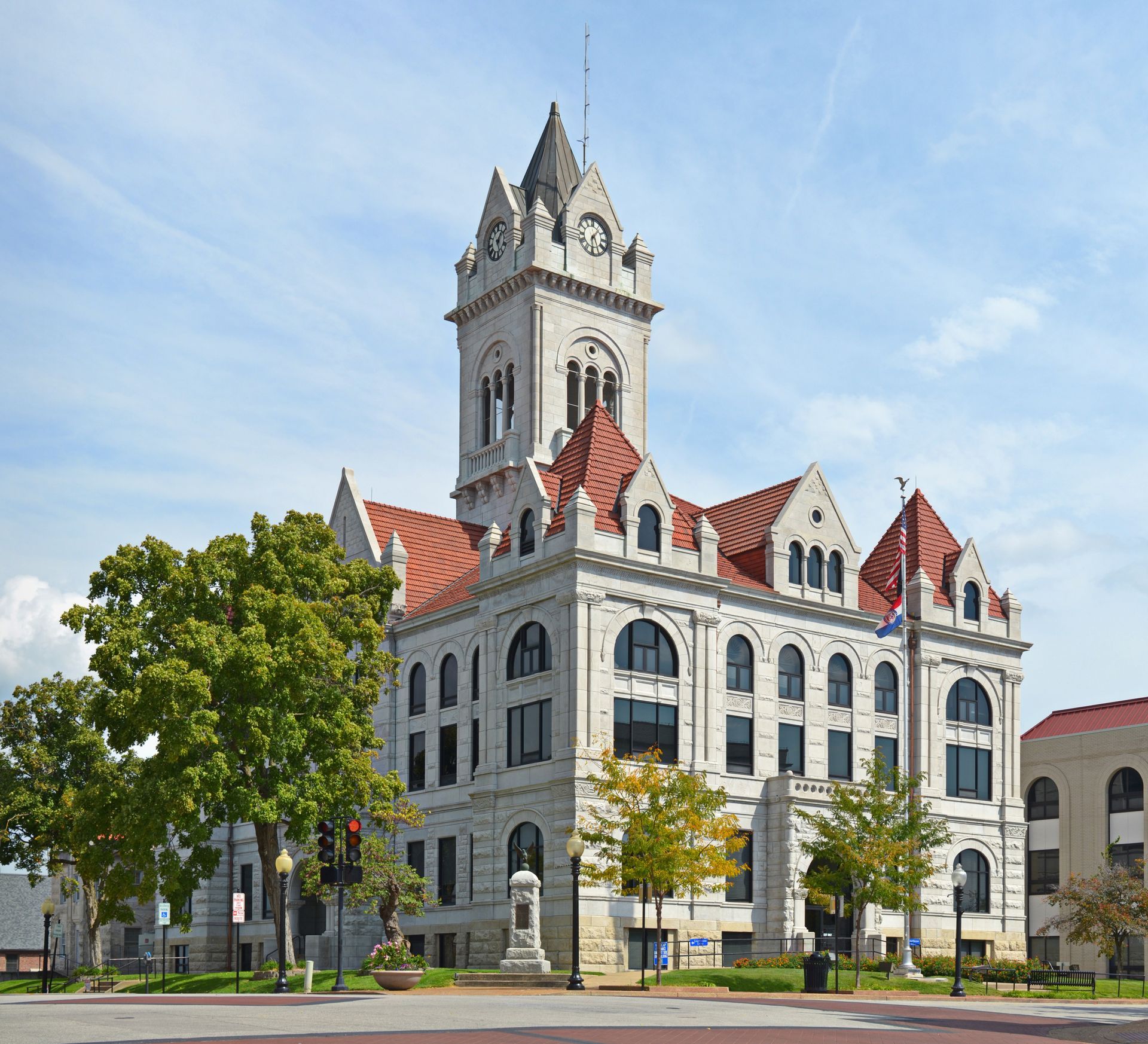Perspectives: Return to Home Values that Raised Us
Published in the Jefferson City News Tribune, August 24, 2025
They say you can’t go home. And in truth, many who left Jefferson City never did return. But we would be mistaken to see ourselves as wiser than those who left—or somehow lesser because we stayed. Because coming home has never just been about a place. It’s about a people. A purpose. An a return to values that remind us who we are—and who we are meant to be. In recent weeks, our community has been marked by grief. Parents. Elders. Children. An innocent youth lost their life in North Jefferson City, and still, no one has stepped forward. There’s been no reckoning. No accountability. And no peace for those who remain.
Among those we’ve lost is Reverend John Bennett. He has made his way home—not to Jefferson City, but to eternal rest. If you ever met him, you know he wasn’t just a preacher—he was a moral force. A truth-teller. A man who gave voice to the suffering around him and called others to do the same. That is what we mean when we call him a prophet. Not someone who predicts the future, but someone who speaks with clarity, compassion, and conviction in the face of injustice. He saw us—and called us to be better.
That calling was never more visible than when Rev. Bennett stood on the Capitol steps with hundreds of other clergy and faith leaders to demand that our lawmakers expand healthcare. Their demand was simple: listen to the voices of those who were dying. Parishioners, family members, neighbors—people suffering or dying because they didn’t have access to healthcare simply because they couldn’t afford it. And those who didn’t die lived sicker, poorer, and with more pain. In that fight, Rev. Bennett and others were arrested for refusing to be silent. They became known as the Medicaid 23—clergy prosecuted not for breaking the law, but for standing up for the right to live.
We cannot forget that history as we demand justice today.
As our community mourns, we are also confronted with rising threats—from bounty-style surveillance encouraged by elected officials to proposals for white-only towns masquerading as “community preservation.” These aren’t isolated incidents. They are echoes of our past—Missouri’s long history of sundown towns, redlining, and state-sanctioned segregation—and they are reminders that silence is never neutrality. And so, let us be clear in our demands:
- We demand accountability from politicians—at every level. That means prosecutors, legislators, and governors must stand with the people, not over them.
- We demand transparency. Attorney General Andrew Bailey and others must release public information to the public—not hide behind bureaucracy when lives and rights are at stake.
- We demand protection for whistleblowers—like our neighbors and co-workers—whose moral courage in exposing corruption, abuse, or systemic failure should be honored, not punished.
Missouri is known as a second-chance state. In 2025, we will mark 204 years of statehood. What better moment than now to decide whether we will keep repeating cycles of exclusion—or build a future grounded in equity and compassion?
If Rev. Bennett were still here, he would be on the front lines. Praying for those demanding white-only settlements—and also for the soul of the person who ran down that child and never came forward. He would remind us that justice and mercy are not opposites—they are twin pillars of love. And that love cannot be abstract.
“Love thy neighbor as thyself.”
Let that scripture be more than a memory. Let it become our personal policy. Let it drive our laws, our politics, our economy, and our everyday choices. Love must become action. Accountability. Collective care.
Let us build systems rooted in justice, not fear. Let us elevate leaders who believe in the common good—not in maintaining control through cruelty. Let us fight for those who have been told they are invisible, disposable, or less deserving.
This is our return home. To the values that raised us. To the truth that grounds us. To the love that saves us.
RECENT ARTICLES




